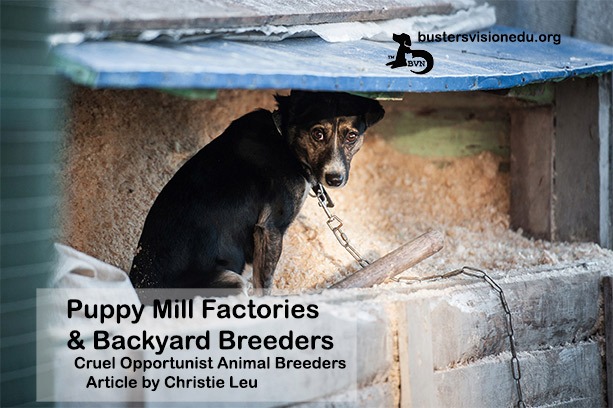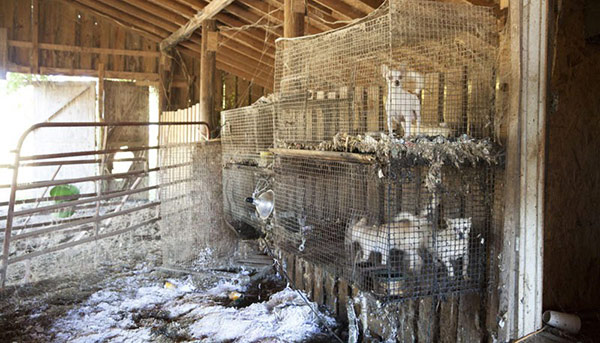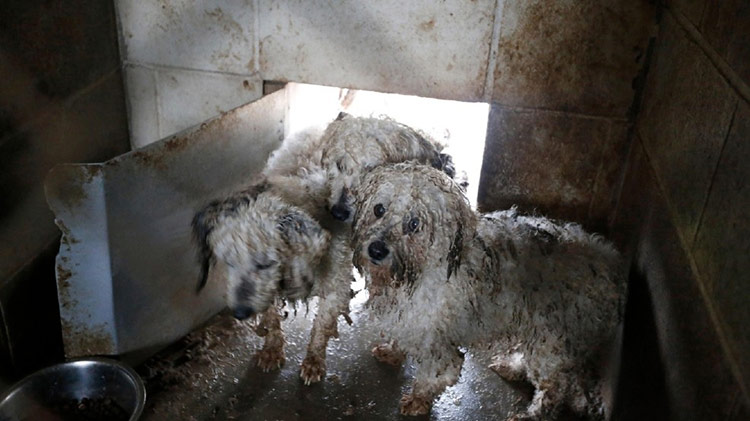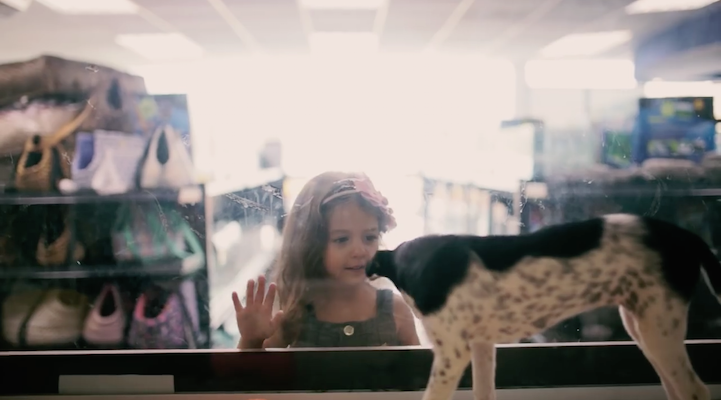puppy mill facts why are puppy mills bad puppy mills near me
Buster’s Vision Animal Education Tool
Puppy Mill Factories
By Christie Leu (Linkedin)
Posted on 06/04/2017
Editor, Anne Marie Powless

Share this Post
What is a Puppy Mill Factory?
A puppy mill factory is an unethical dog breeding facilities. People that run a puppy mill factory value profit over the well being of the dogs they breed. Some breeders in the puppy mill industry hold a USDA (United States Department of Agriculture) license. While other breeders do not. Many people believe a licensed breeder is conducting proper and humane treatment in their business operations. Unfortunately, that is not always the case.
Sadly, many puppies do not survive long journeys of transport from puppy mill to destination. Frequently because of the inferior conditions and treatment in transport. They often do not have water or food for more than 12 hours at a time. Most are trapped in a cage the entire trip with no relief.
Frequently puppy mill pups have health and behavioral issues. Likely because of the horrific breeding conditions. Health and behavioral issues continually become a great burden on the people who end up caring for these animals.
By and large, puppy mill pups live in neglected filthy conditions. They get little to no veterinary care. Many breeders buy their shots at feed stores. Sometimes breeders lose count of vaccines with their animals. Therefore, many animals receive multiple vaccines. Which can be extremely dangerous and cause internal organ or neurological disorders. Sadly, many breeders don’t vaccinate at all.
For the most part, the mothers of the animals born in puppy mills can sometimes have it even worse. There have been many reports of mothers spending their entire life in a cage. When they can no longer bear offspring they are disposed. Usually, the end result is death if they cannot sell the dog.
What You Can Do to Help
Three million dogs and cats are put to sleep in shelters each year.
The best way to ensure that animals are treated properly is to get your animal from humane resources. Thoroughly research these resources: shelters, rescues, and breeders. Pet stores can still have a successful business without selling puppies. Reports have shown more than 2,300 pet stores exist today without the sales of puppies or other animals and have proved to be successful.
Good news! Many pet stores have stopped supporting puppy mills. This process will end puppy mill businesses from thriving. They will not be able to sustain their businesses without the support of pet stores. California Becomes First State in the U.S. to Ban Sale of Puppy Mill Dogs in Pet Stores. (Click the link to view article.) Hopefully, we can abolish puppy mill factories worldwide. Every animal has the right to life!
In closing, thoroughly research puppy mill. If you discover a puppy mill, report to United States Department of Agriculture (USDA).



